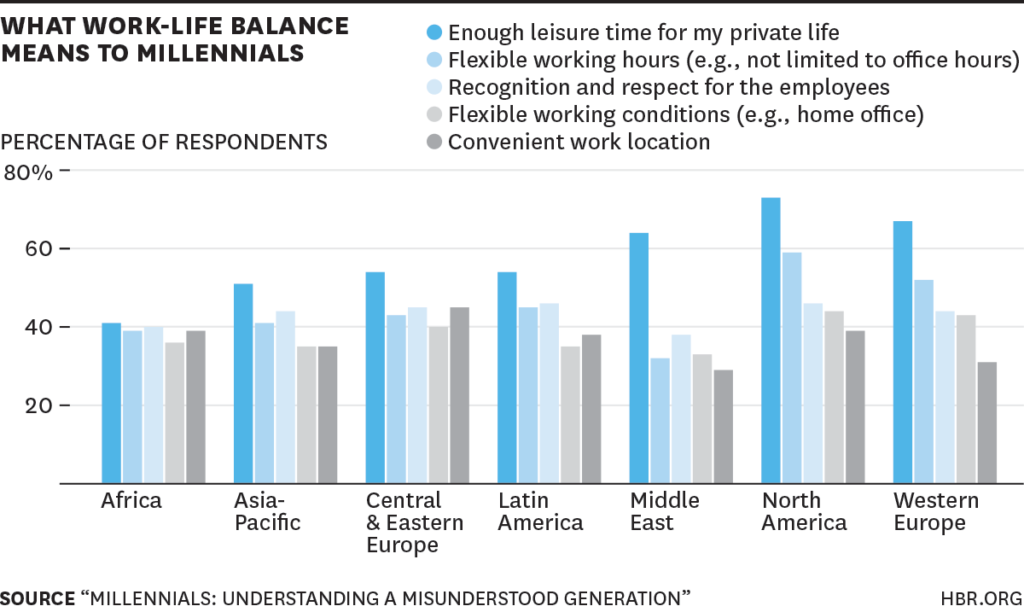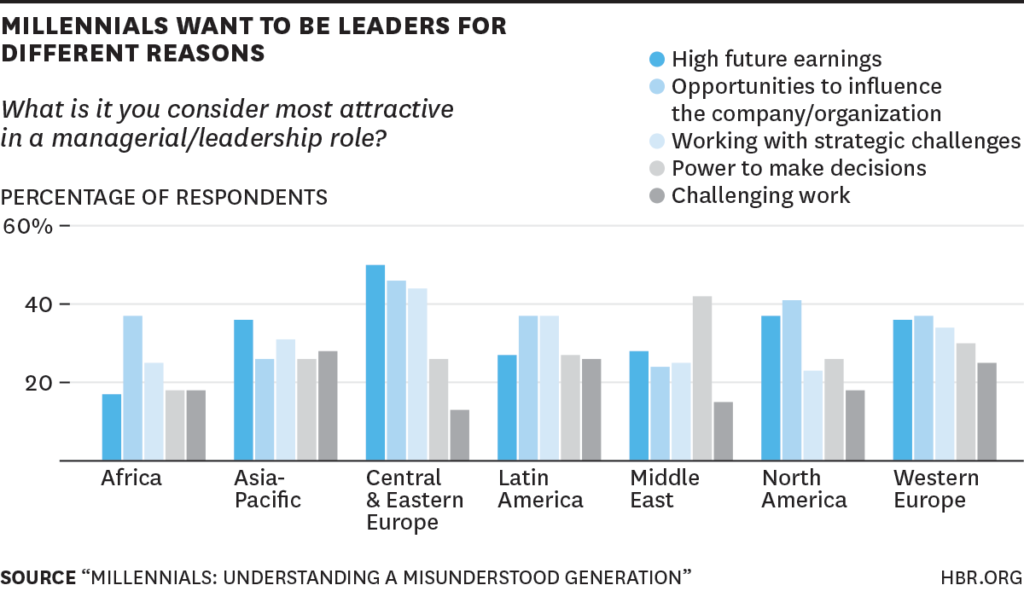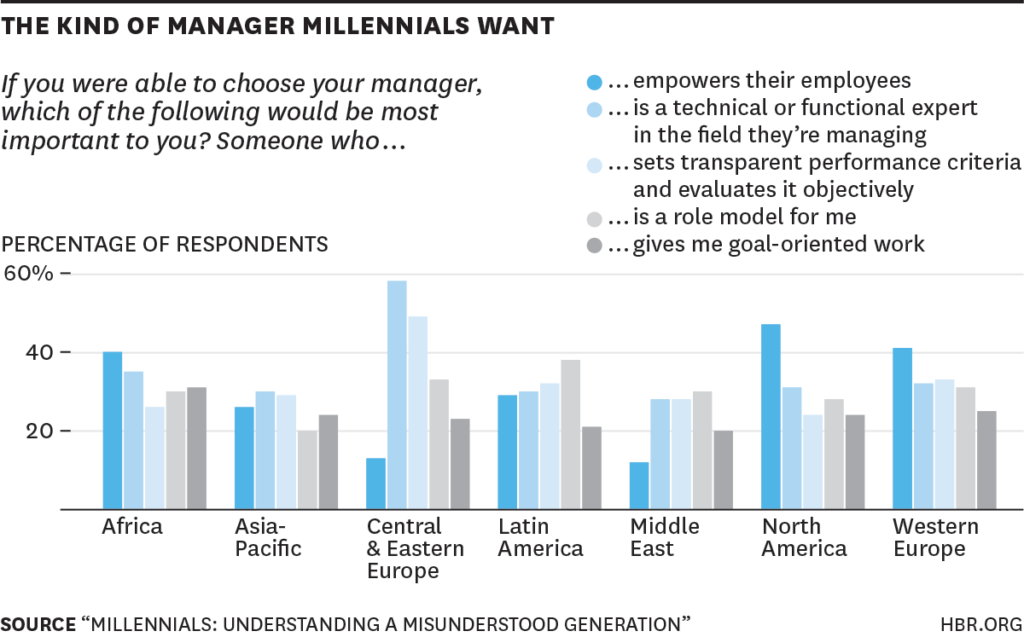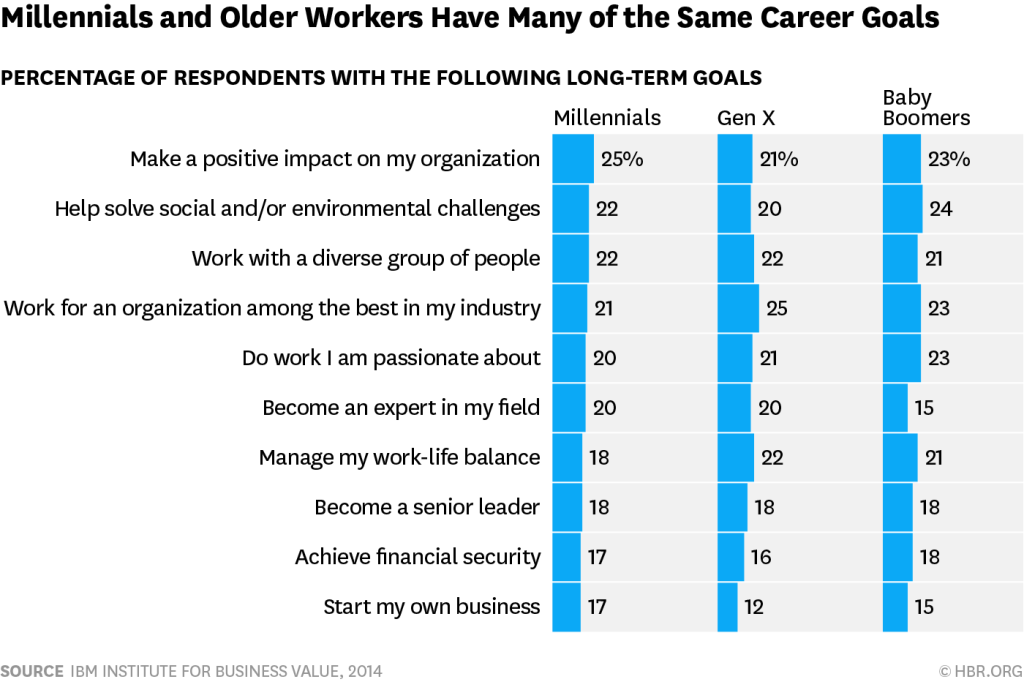Saturday Night Live featured a skit about Millennials at work. It showed a young woman frantically texting on her iPhone. She approached her boss and asked for a promotion. Her boss asked, “how long have you been with our company?” She replied, “three days.”
Millennials, or Generation Y, are generally eighteen to thirty years old. They consist of over one-third of the workforce in the United States. KPMG, one of the big four accounting firms, has thirty-thousand employees worldwide. Millennials make up a majority of their workforce. Generation Y is expected to account for approximately fifty percent of the national workforce by the year 2025.
Now that we have had more time to see how Millennials operate as employees, employers and business leaders, we find that many of the perceptions of Generation Y in the workplace are simply myths.
For example, Facebook was the first Fortune 500 company to be founded and led by a Millennial. The company was designed, built and is run by Generation Y. We can learn a great deal about the values of Millennials by looking at how Facebook does business. In the process of observing what is driving them, we find there are more similarities than dissimilarities between their values and those of the generations that preceded them.
IBM released a report titled “Myths, Exaggerations and Uncomfortable Truths: The Real Story Behind Millennials in the Workplace.” Their findings were based on a multigenerational study of one-thousand-seven-hundred-eighty-five employees from companies in six industries throughout twelve countries.
Work-Life Balance
Generation Y members want to do work that will have long lasting effects on their local community and the world. This has been a core value of generations for decades. Facebook employees feel while it is important to feel fulfilled at work, it is equally important to make the largest contribution they can to their company. Facebook managers encourage engineers who join their company to choose the team they would like to be part of based on where they believe they will have the greatest impact, learn the most and satisfy company needs.

Be Authentic
Are Millennials really narcissistic? Ok, this may be the generation that invented “selfies” using their smartphones. Nonetheless, Facebook employees have countered “there is nothing wrong with expressing one’s true self, both at home and at the office. This translates into closer work-life integration and leaders who are more authentic and thus more effective.” While many companies shun using Facebook at work, Facebook employees are encouraged to use it to collaborate on work projects, build communities and communicate about their personal lives.
Accentuate Your Strengths
Generation Y wants to perform to the best of their abilities. They want to be leaders, but for different reasons depending on geographic and cultural preferences. If their current employment does not afford them these types of opportunities, they will leave at the first sign of a better offer. They do not feel this is being disloyal, they feel it is in their and the employer’s mutual best interest if they are not able to make the contribution they truly desire.
The IBM report found the traditional corporate ladder does not interest Generation Y. They are just as happy making a lateral move as an upward move if they feel it will further their unique skills and talents.

Ongoing Education
Millennials value continuous learning. Since they are the first generation born and fully raised in the digital age, they want real-time feedback, ongoing coaching and development programs. Known as “digital natives,” they demand more attention than past generations. However, that attention must align with their goals and aspirations. They do not feel this is a “sense of entitlement” because they see education as a driver of creativity and innovation which energizes both the individual and the company.

The study also found twenty-five percent of Millennials, twenty-one percent of Generation X and twenty-three percent of Baby Boomers want to make a positive impact on their organization. This is clearly a common and shared value between generations.

Generational differences are not new. They have existed throughout time. The so-called “Millennial gap” has more to do with differences between youth, maturity and culture than it does with the Millennials exclusively. As Generation Y continues to age, the perceived differences in their values, commitment, skills, talents and leadership become smaller and less significant as their dreams become more like previous generations.
One thing we know for sure about Millennials is they like to be treated as individuals. To attract, retain and develop Generation Y employees, businesses must focus on making sure each individual’s goals align with the company’s long-term goals. Advancement systems and processes need to be clear, direct and emphasize constant innovation.
How We Can Help You
Pacific Crest Group provides professional services that keep your business focused on your critical objectives. We provide strategic Accounting and Human Resource (HR) services created specifically to help you meet your goals. Through exemplary customer service, clearly defined policies and procedures as well as a forward looking perspective, we provide the outsourced solutions your business needs to grow. A PCG professional is happy to meet with you to discuss solutions for your unique requirements designed to maximize all of your business opportunities.


